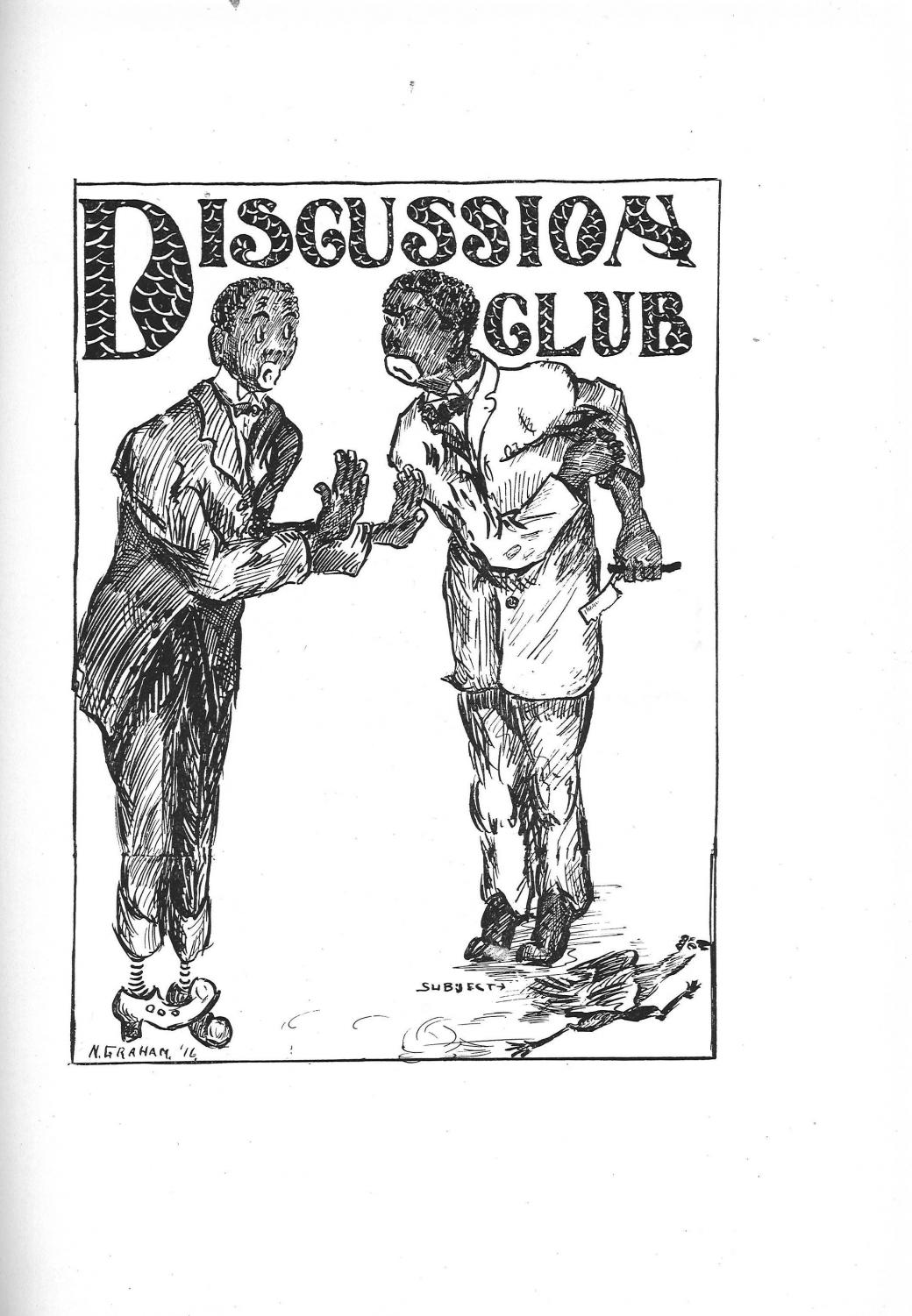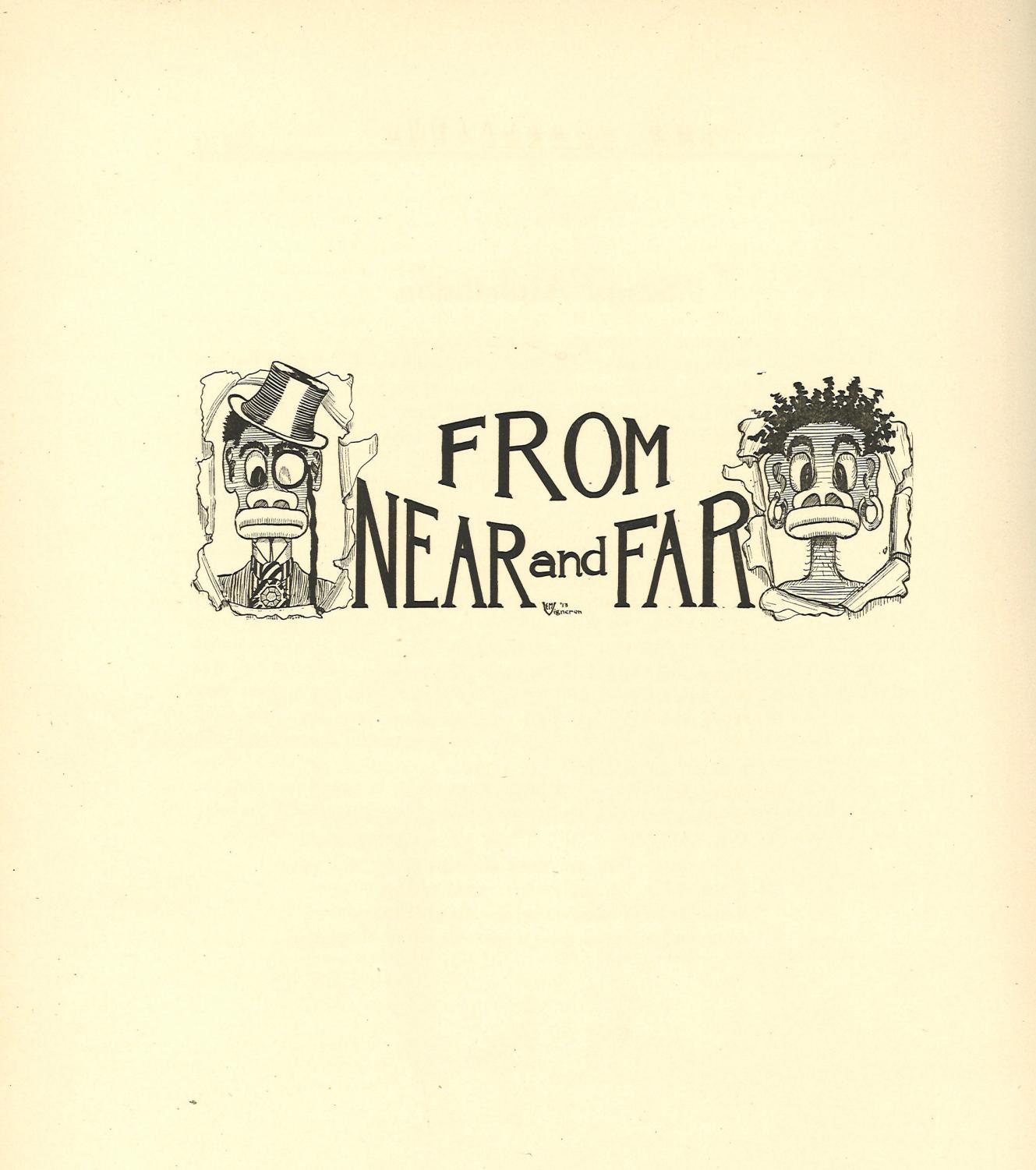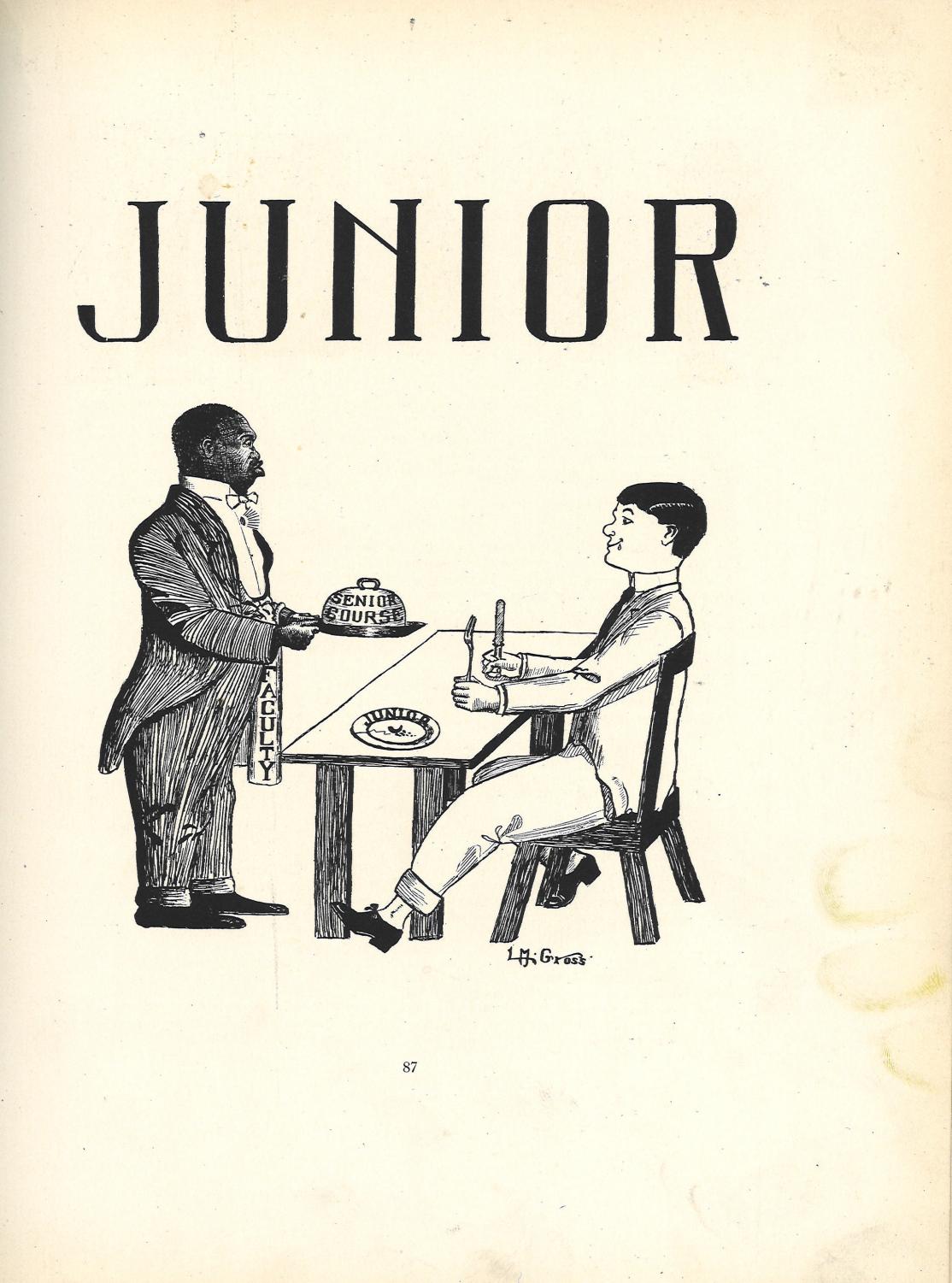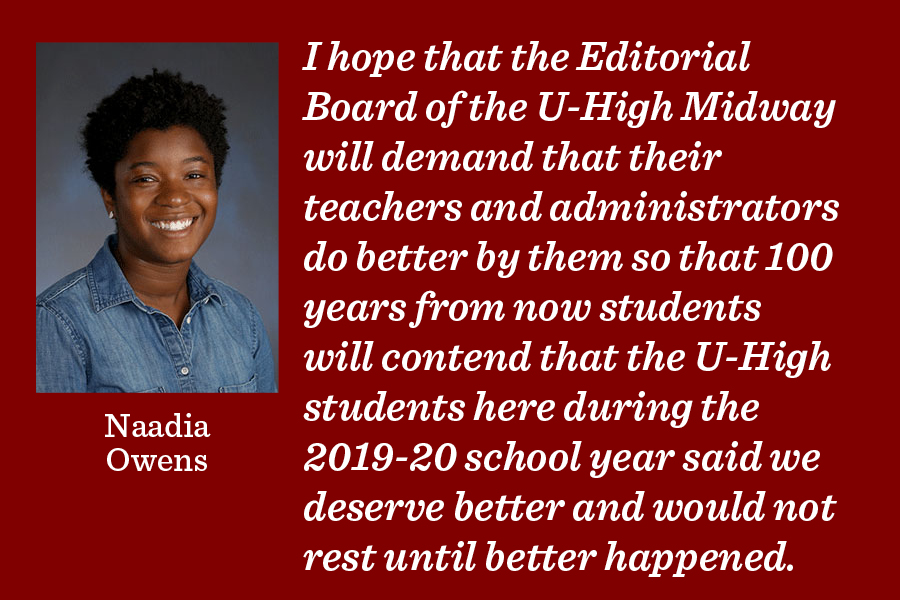Letter to the editor: Ask more of Lab to combat bias
January 22, 2020
Ms. Owens has been a U-High history teacher since 2016. The text has been lightly edited for style.
I was struck by your Jan. 10 article, “Friends combat racism, not harsh punishment,” and your call to action to the Lab School student community. While I appreciate your call for friendships to combat prejudice and bias I contend that much more is needed.

Like the Lab students, faculty and staff that came before us, we are all awash in the bias that exists as smog in our world. Despite our best efforts, we all take it in and it impacts us all, it surrounds us at all times. To escape it we must regularly do concerted work so that when these biases appear in our minds we are ready to combat them while understanding they never go away. Lab is not only a school it’s a human and a community, and it struggles with bias and prejudice too.
To study the history of the Lab Schools is to study the history of a school that once was a place defined by who it excluded because of prejudice and bias. Dewey’s school though created to teach, “democratic education” and “bring…various groups into such constant interaction that no individual, no economic group, could presume to live independently of others,” was a place that excluded almost all but a few at the very beginning. It takes a while for Lab School to begin to accept Jewish and Asian students and it is the 1940s before African-American integration is discussed. Early U-High yearbooks contain many images of friendship, once wholy White and eventually peppered by the faces of Black and Brown students. Associations like the JSA, ASA, and MSA join the yearbook as you move forward through time. Among these pictures of friends dancing and laughing are drawings of sambos and a peculiar picture in one yearbook of some students roasting another over a fire. As you flip through the pictures you wonder, “How did the community work to integrate these Black and Brown faces? How did it work to combat prejudice and bias as it integrated?” I contend it did very little.

Public and private schools across the country remain incredibly segregated and as we see in the news struggle with hate crime behavior regularly. In Chicagoland, it is not abnormal, in 2019, for a child to be educated in a homogenous classroom. At Lab we push back against that trend, with classrooms, that though not perfect, are more integrated than most. And yet we struggle to have basic conversations about religion, race and socioeconomic background. Why?
Research confirms that diverse schools improve the experience and academic performance of ALL students but does not address the issue of the institutional healing necessary to create a community. Being in proximity to one another is not enough. Though the “sambo” may not not appear in the annual yearbook anymore if Lab’s students don’t know that it once did or if the school has not worked to address that this was once the history of this place, how can we expect change? Thus the sambo still is with us we just don’t talk about him. Bias and prejudice must be looked at as a layered issue that is still there when the overt racism is gone. Overt racism, like the Klu Klux Klan, can be ostracized and repudiated by our society. Prejudice and bias are not so easily sent packing. Questions like “How did Lab go from a Black population of 25% in the 1960s to 9%?” must be answered through the study of structures along with the improvement of interpersonal relationships.

I hope that the U-High Midway Editorial Board and all the students at Lab will ask more of Lab School. That they will ask their teachers and administrators and peers to look at the structures that make Lab a place where “something like this can happen” and work to correct these structures. I hope that the Editorial Board of the U-High Midway will demand that their teachers and administrators do better by them so that 100 years from now students will contend that the U-High students here during the 2019-20 school year said we deserve better and would not rest until better happened.































































